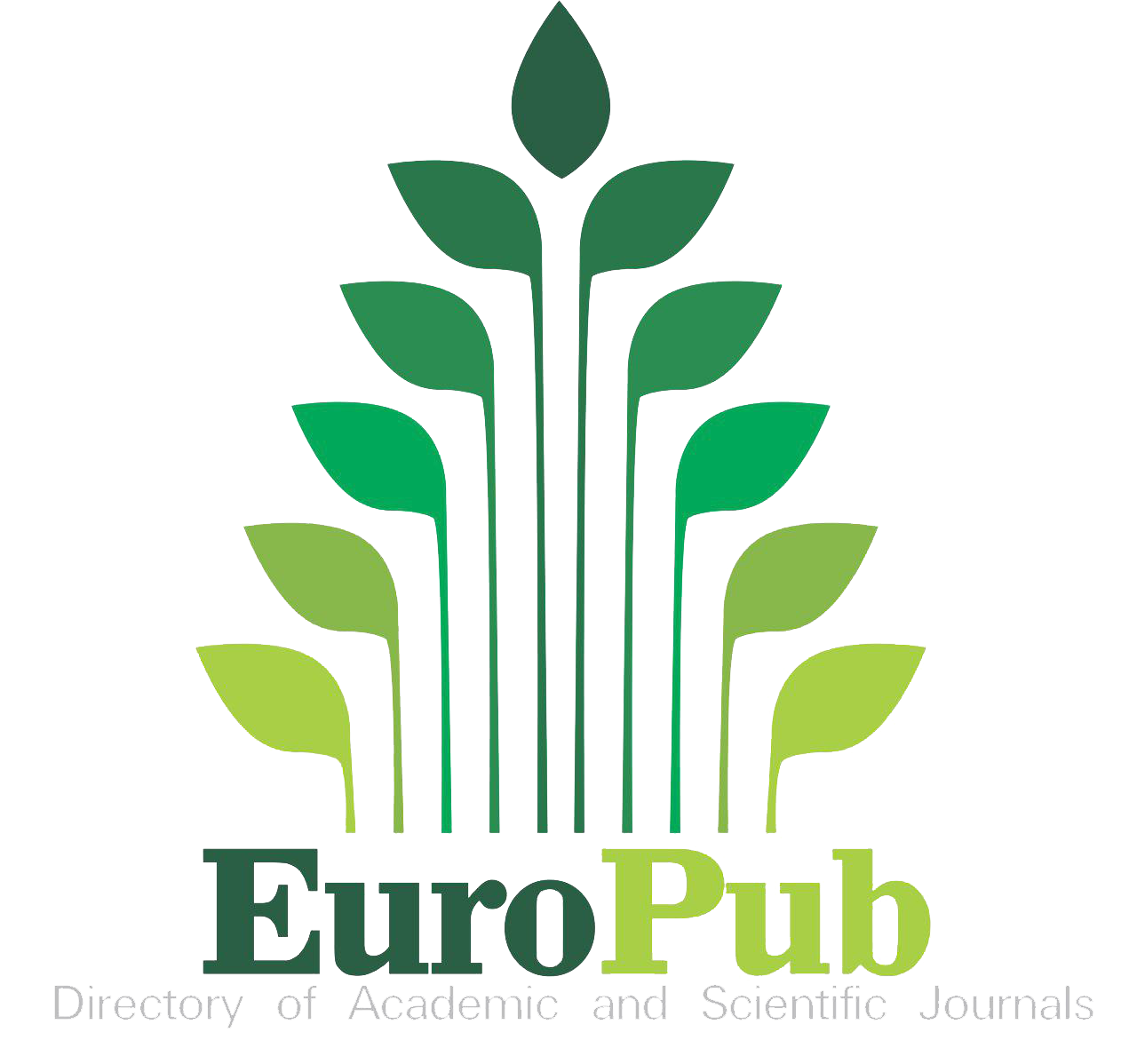A BIBLIOMETRIC ANALYSIS OF COMPETENCE, PROFESSIONAL SKEPTICISM, AND DIGITAL FORENSICS IN INVESTIGATIVE AUDIT QUALITY
DOI:
https://doi.org/10.23969/jrak.v17i2.30663Keywords:
audit quality, auditor competence, digital forensic, investigative audit, professional skepticismAbstract
The increasing complexity of financial fraud and corporate misconduct has heightened the demand for high-quality investigative audits. Achieving such quality, however, remains challenging, as it requires auditor competence, professional skepticism, and the effective use of digital forensic tools. This study aims at examining how these dimensions are reflected in the academic discourse on investigative audit quality. A bibliometric analysis was conducted using 66 documents indexed in Scopus between 2015 and 2025, mapping global publication trends, thematic clusters, and scholarly collaborations. The results indicate a significant rise in research after 2020, dominated by Business and Accounting, with growing contributions from Computer Science. Four thematic clusters emerged: audit quality and skepticism, fraud detection and competence, digitalization and forensic technology, and ethics and governance. These findings reveal research gaps, particularly in the combined study of skepticism and forensic technology, and emphasize the need for curriculum redesign, professional training, and adaptive regulation.
Downloads
Downloads
Published
Issue
Section
License
Copyright (c) 2025 JRAK

This work is licensed under a Creative Commons Attribution-NonCommercial-ShareAlike 4.0 International License.
















